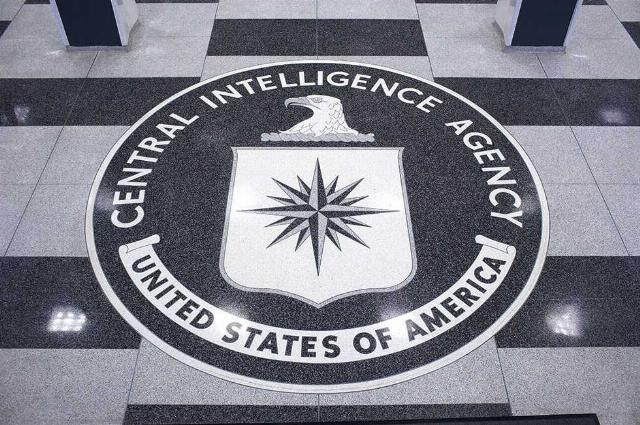by John A. Gentry, American Thinker:

On May 16, Foreign Policy magazine published an article by three experienced intelligence officers, including one who has chronically politicized U.S. intelligence, who argued that the U.S. intelligence community (IC) is getting a bad rap at a critical point in history for unfortunate, unjustified reasons. Only the first part of the assertion is correct. Far more accurate would have been a judgment that the declining respect for the IC reflected in polls is a direct result of the recent partisan political activism and dishonesty of ostensibly respectable senior former intelligence officers and many inaccurate “leaks” by current intelligence officers, mainly against candidate and then President Donald Trump.
TRUTH LIVES on at https://sgtreport.tv/
This activism is new. For many decades the organizational culture at the CIA, most importantly given its role of supporting presidents, was that intelligence officers inform all presidents as best they can in apolitical ways, whatever the receptivity of presidents to intelligence or the accuracy of their complaints about intelligence. People believed politicization of any sort — from the political Right or Left — damages the usefulness of intelligence and agency interests. Insightful intelligence officers such as the CIA’s Martin Petersen knew that intelligence had to perform well constantly to maintain presidential confidence and that errors in judgment and lapses in integrity had severely negative, long-term consequences. There was no need for an intelligence norm equivalent to the military’s normative prohibition on political activism by former generals and admirals because intelligence officers rarely were politically active. There had never been a General Douglas MacArthur-like challenge to presidential authority.
But President Obama sought to change the demographics and the political complexion of the federal work force, and intelligence leaders such as CIA director John Brennan (2013-2017) made clear that they intended to change the organizational cultures of agencies in politically significant ways. They succeeded brilliantly, with overt activism in defense of Obama/Brennan changes beginning in 2016, when Trump emerged as a potential threat to the “progress” that Obama’s policies allegedly had achieved.
This radical change became glaringly obvious when former CIA deputy director Michael Morell invoked his CIA credentials in a New York Times op-ed to rationalize endorsing Hillary Clinton for president while harshly criticizing Trump. Morell then became one of the “talking heads,” along with Brennan, former director of national intelligence James Clapper, former CIA director Michael Hayden, and several dozen less-senior people whom the mainstream liberal press promoted as legitimate observers of everything relevant to their anti-Trump campaign. In 2018, senior CIA officer Peter Usowski noted that partisan activism by former CIA officers, whose last titles always precede their names in public discourse, was likely to be seen widely as activism by the agency proper. Usowski’s insightful observation was ignored.
Read More @ AmericanThinker.com





